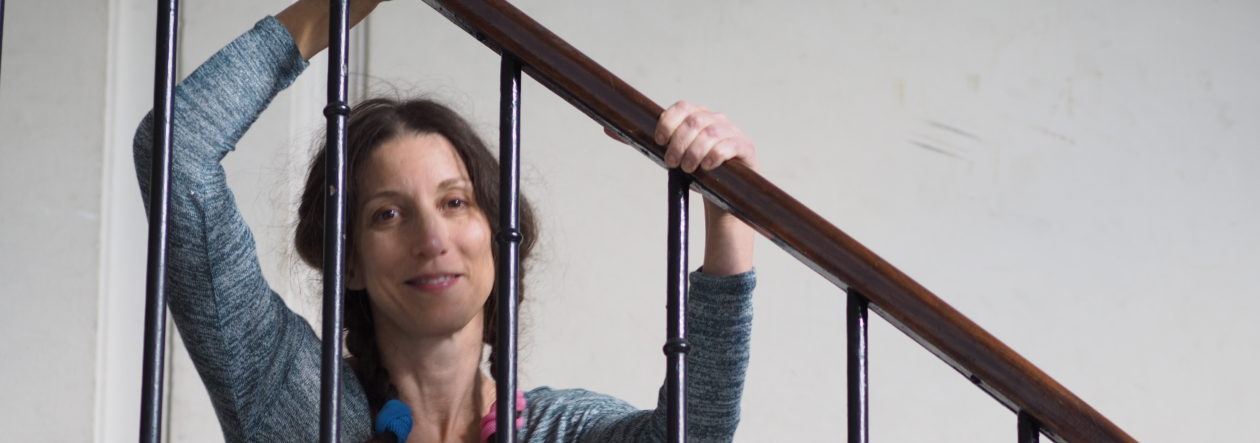Washington Post
Sunday, August 9, 2009
REFLECTIONS ON THE REVOLUTION IN EUROPE
Immigration, Islam, and the West
By Christopher Caldwell
Doubleday. 422 pp. $30
“Reflections on the Revolution in Europe” — an allusion to Burke — is the latest in a series of pessimistic books, my own included, treating the conflict between post-Christian Europe and a resurgent Islam. Christopher Caldwell, an editor of the Weekly Standard and contributor to the Financial Times, makes arguments that have been made elsewhere: Mass immigration has changed Europe’s demography and is rapidly changing its culture. Many immigrants to Europe have failed to assimilate; many retain or have developed an Islamic identity antithetical to liberal European values.
But Caldwell makes these arguments unusually well, in a book notable for its range, synthesis of the literature, analytical rigor and elegant tone.
In 1968, Britain’s Shadow Defense Secretary, Enoch Powell, described Britain’s immigration policy as “mad, literally mad,” and warned of a day when native-born Britons were “strangers in their own country . . . their homes and neighborhoods changed beyond recognition.” He invoked the prophecies of the Sybil in the Aeneid: “I seem to see ‘the River Tiber foaming with much blood.’ ” Widely viewed as outrageously racist, this minatory speech destroyed his career.
In Caldwell’s view, “All British discussion of immigration has been, essentially, an argument over whether Enoch Powell was right.” The answer, he says, depends whether we mean right in the moral or factual sense. Caldwell agrees that the language of the speech was inflammatory and malicious, but he argues that Powell’s demographic projections and visions of blood were — factually — correct. The story, Caldwell observes, has been similar throughout Europe, an assertion he documents with a catalogue of ties between immigrants who do not seem to love their new European homes and violence, crime, rioting and terrorism.
He does not argue that there is a monolithic Islamic identity or a single set of European values, although it is inevitable that he will be accused of this. He argues rather that there is enough of an Islamic identity, and enough left by way of European values — attenuated though these may be — that they are not easily reconciled and, if reconciled at all, will not necessarily be reconciled in Europe’s favor. He engages carefully with counter-arguments that there is no cause for alarm, and rejects most of them. He is particularly strong in dispatching the claim that on balance immigration is economically necessary and advantageous for Europe.
He is also good at exposing absurdities in the rhetoric of Europe’s politicians and intellectual elites. For example, in 2006, 43 baggage handlers at Charles de Gaulle airport were stripped of their security clearances. An official involved in the investigation took pains to stress that no one had come under scrutiny because he was a Muslim. Instead, he said, “Someone who goes to Pakistan several times on vacation — that raises questions for us.” “So,” Caldwell replies, “in an attempt to exonerate itself from the suspicion of policing Islam, the government admitted to policing (for Pakistanis) visits home to one’s family and (for others) tourism.”
Caldwell is right to note that European politicians have until now been extraordinarily timid in defining the limits of European tolerance. French President Nicolas Sarkozy recently declared that the burqa was “not welcome” in France. It is hard to imagine why the burqa should be any more welcome in France than the slave galley, but the head of the French Council for the Muslim Religion, Mohammed Moussaoui, immediately and typically objected to Sarkozy’s statement: “To raise the subject like this, via a parliamentary committee, is a way of stigmatizing Islam and the Muslims of France.”
As Caldwell notes, Sarkozy established this council in the hope of promoting moderation among France’s Muslims by giving them a greater formal voice in society. Moussaoui’s statement, however, suggests the limits of such strategies. Does Moussaoui believe that the burqa is essential to Islam? If not, why is Sarkozy’s position stigmatizing to Muslims? If so, why shouldn’t Muslims be stigmatized? And given that France is a parliamentary democracy, where better to debate this question than in a parliamentary committee — would Moussaoui prefer the matter be resolved on the streets?
Caldwell’s book raises many such questions. It does not answer them. The strength of this book is not in its original reporting, of which there is little, or the solutions it offers, because there are none. What it offers instead is unusual lucidity and comprehensiveness; a reader unfamiliar with the debate would be, upon finishing it, well-informed. One familiar with the debate will be even more depressed.
